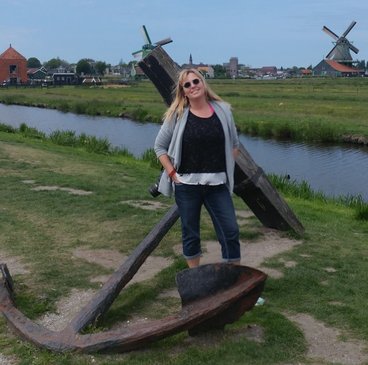About
There are a couple of running themes in my life - in everyone's lives, really. I've decided to pick up my pen and laptop to write about them, leaving religion, finding identity, my place in this world, and my voice. I'm still exploring, learning, and discovering.
My name is Pietje. I am a writer and photographer. Currently, I am working on my MFA in Creative Writing at the Mississippi University for Women.
My current project is a non-fiction book based on my own experiences growing up in an Evangelical Christian environment in the Netherlands. I write about the long-lasting effects of harmful religious messages on a developing brain.
Besides writing creative non-fiction, I also enjoy writing poetry.
My name is Pietje. I am a writer and photographer. Currently, I am working on my MFA in Creative Writing at the Mississippi University for Women.
My current project is a non-fiction book based on my own experiences growing up in an Evangelical Christian environment in the Netherlands. I write about the long-lasting effects of harmful religious messages on a developing brain.
Besides writing creative non-fiction, I also enjoy writing poetry.
